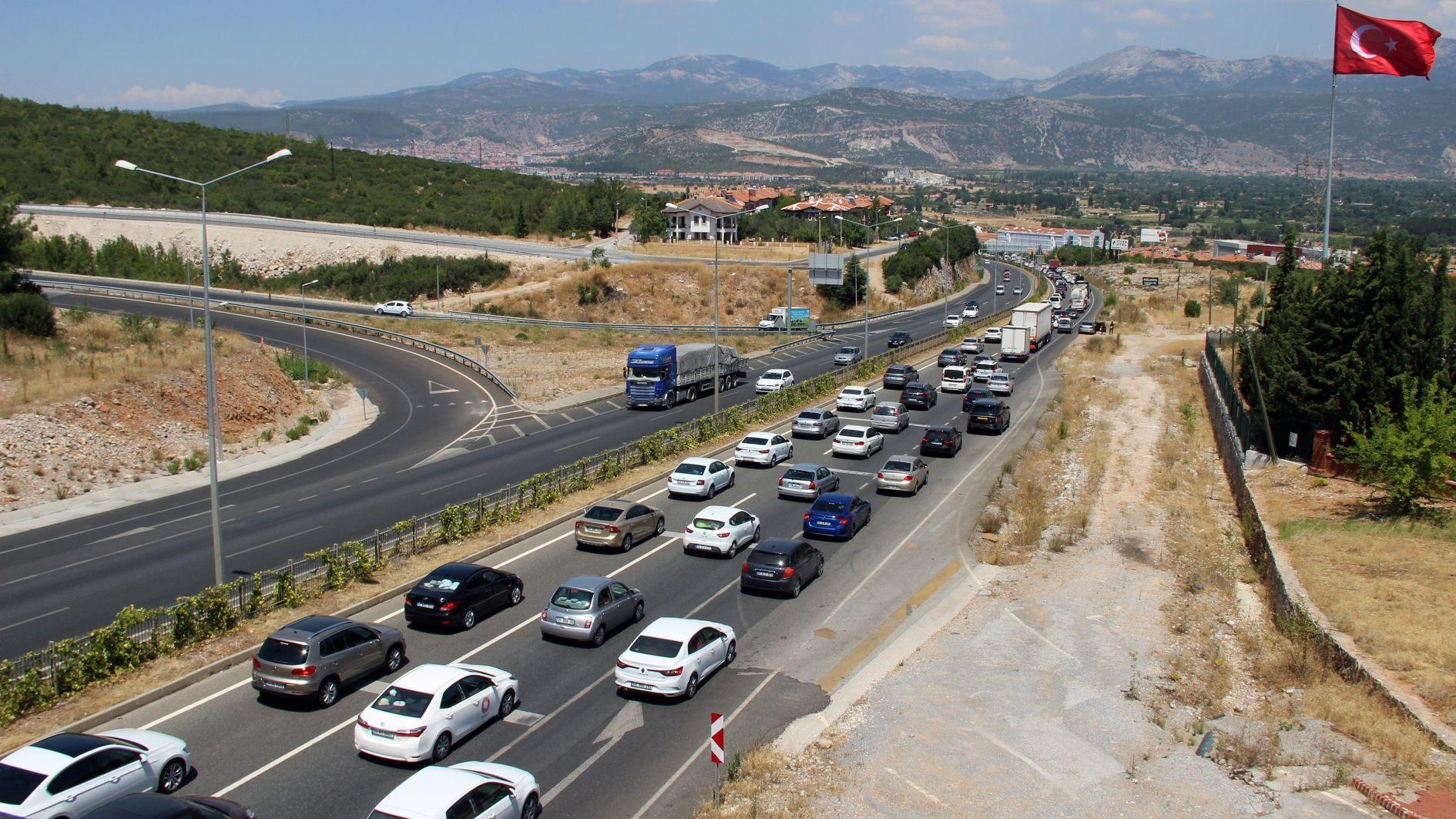
Türkiye’s popular holiday destinations, such as Bodrum, Fethiye and Marmaris in the southwestern city of Muğla, face severe traffic jams during peak season, prompting calls for better coordination, expanded public transit, alternative routes and improved parking solutions.
Tourist numbers in these towns have surged to three to four times their usual count, causing vehicle queues stretching for kilometers, daily Hürriyet reported.
This traffic nightmare is not a new phenomenon. Locals and visitors alike have been grappling with chronic congestion for the past four to five years.
Suat Sarı, a transportation specialist, described Bodrum as a town “effectively left unmanaged.”
"Bodrum is a town left to its own devices, where no one takes responsibility and where projects are made but never implemented,” he said.
Sarı emphasized the urgent need for unified efforts between institutions and municipalities as a solution.
According to Sarı, Bodrum lacks a reliable public transit system; what exists is largely symbolic and fails to meet demand.
As a result, many opt for unauthorized “pirate” taxis or rely on private cars, further clogging the streets.
Compounding the problem is a lack of traffic enforcement.
Illegal parking and uncontrolled motorcycle use are common, and pedestrian sidewalks are often obstructed.
Fethiye’s business community has also taken note of the ongoing traffic challenges, particularly on the main artery to famed Ölüdeniz.
Osman Çıralı, president of a local chamber of commerce, explained that while plans exist, political obstacles continue to delay progress.
For example, an alternative route received official approval in March 2024, but construction has yet to begin due to budget constraints, with completion postponed to 2026 at the earliest, according to Çıralı.
This route, even if partially completed, is expected to reduce traffic by about 30 percent.
Similar to the situation in Bodrum, parking shortages compound the problem, as Çıralı advocated creating large parking areas.